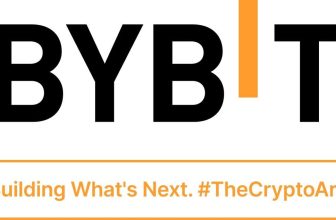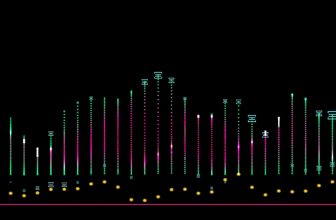
And now J.P. Morgan has become the first US bank to offer its own cryptocurrency, CNBC reported. But this will not be another investment vehicle—at least for now. The cryptocurrency, dubbed “JPM Coin,” is planned to be a stablecoin, utility settlement coin intended for the bank’s wholesale payments business that moves $6 trillion around the world daily.
“We successfully tested the movement of money between a client account and a JPMorgan account using the new technology,” Umar Farooq, head of Digital Treasury Services and Blockchain at the bank, explained in a presentation, shared by JPMorgan.
“The JPM Coin isn’t money per se. It is a digital coin representing United States Dollars held in designated accounts at JPMorgan Chase N.A. In short, a JPM Coin always has a value equivalent to one US dollar. When one client sends money to another over the blockchain, JPM Coins are transferred and instantaneously redeemed for the equivalent amount of U.S. dollars, reducing the typical settlement time,” Farooq added.
He also states that over time, JPM Coin will be extended to other major currencies.
According to Farooq, JPM Coin is in a prototype, test phase with a small number of institutional clients using it right now, with plans to expand the pilot program later this year.
What are the best crypto portfolio apps?
“JPM Coin is currently designed for business-to-business money movement flows, and because we are still in a testing phase, we don’t have plans to make this available to individuals at this stage. That said, the cost-savings and efficiency benefits would extend to the end customers of our institutional clients,” he said. Moreover, the bank “will actively engage our regulators to explain its design and solicit their feedback and any necessary approvals.”
JPM Coin Will Make Ripple Irrelevant?!
Actually, even though many are yelling that from the rooftops, this is not the case. On the first glance, it looks like that JPM Coin will compete for the same piece of the pie with XRP for the international money transfer. However, there is a big difference in terms of design and politics of both coins, best described by Ripple’s CEO 2 years ago:
“While this development signals significant market traction for an institutional use of digital assets, I have to say it’s deeply misguided. A bank-issued digital asset can only really efficiently settle between the banks who issued it. Then, two scenarios can play out.
Scenario one: all banks around the world put aside competitive and geopolitical differences, adopt the same digital asset, agree on its rules, and harmoniously govern its usage. Fat chance.
Scenario two (the more likely scenario): banks not in the issuing group issue their own digital assets with their own sets of rules and governance.
Check out new best option to buy your coins with credit card – Binance Jersey Guide and Review.
We’re kinda seeing this already, as the FT points out, with Citi’s Citicoin and Goldman Sachs’ SETLcoin. The result would be an even more fragmented currency landscape than what we have today. If banks of different digital asset groups want to settle trades with one another, they’ll have to make markets between their unique digital assets or trade between their digital assets and a common fiat currency. What a mess!
The second big problem with the “utility settlement coin” is it seems it’ll be backed by a basket of currencies. Once backed by cash, it’s no longer an asset; it’s a liability. Trading liabilities then ultimately requires moving cash across borders, re-creating today’s system but adding more friction!
We strongly believe banks need an independent digital asset to enable truly efficient settlement and we believe XRP is best positioned for that role.”
While you are here, have a look at our Ripple [XRP] price prediction for 2020.
So, even though the new banker coin made a lot of bitcoin maximalists happy as they saw it as a hitman that will execute the much hated XRP, this and similar coins might actually exacerbate and accentuate the flaws of this way of thinking and approach to international settlements. If every major bank launches their own coin, we come to the same or even worse outcome: the more fragmented the market, the more friction, delays and hassle for the customers and everyday business. Which is exactly what XRP aims to solve and which is exactly the reason why JPM Coin might be a paradoxical boost for XRP.







